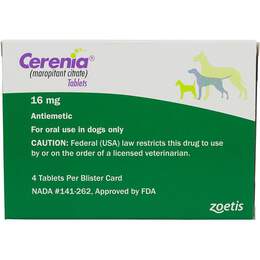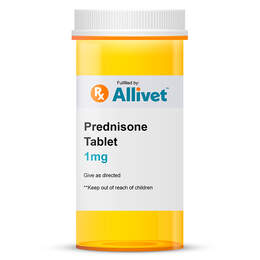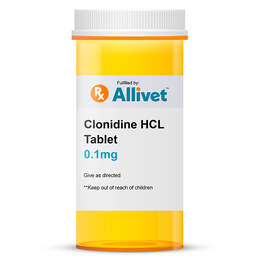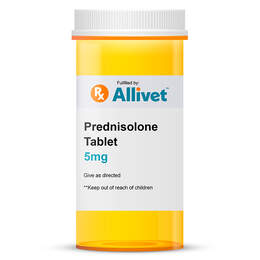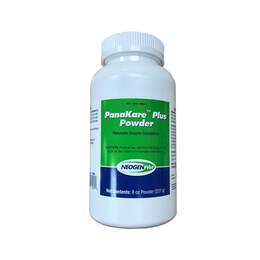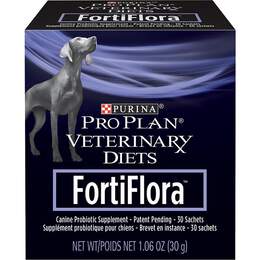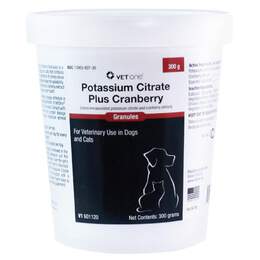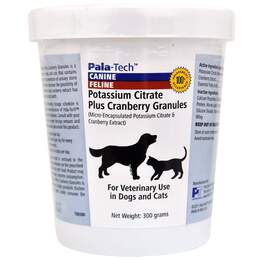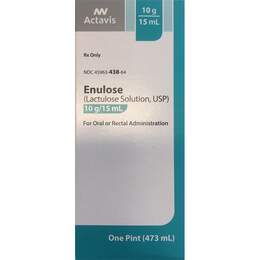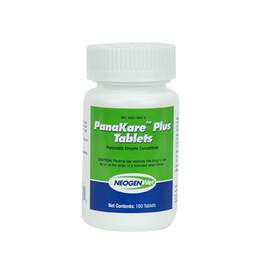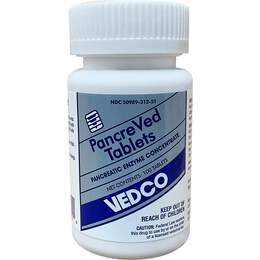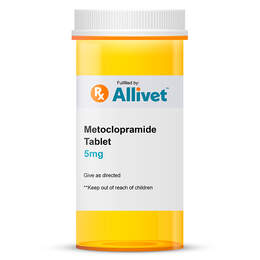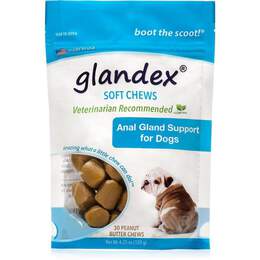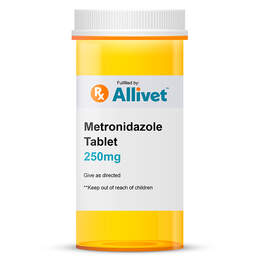Dog Digestive
No one likes it when their beloved dog is sick. Diarrhea, vomiting, and other digestive issues can range from troublesome to alarming for pet parents. While the majority of stomach issues in dogs are benign and temporary, some can indicate a serious problem or chronic condition. If your pet shows any symptoms of digestive problems, the best thing to do is take them to your veterinarian to rule out anything serious or life-threatening.
Signs of Digestive Problems in Dogs
When your dog isn't feeling well, they can't tell you if they ate something they shouldn't have or where the pain is. Knowing what to look for is the first step in helping your pet feel better. Below are common signs of digestive problems in dogs.
Lack of appetite: Most dogs are always looking for a treat or a meal. When your dog suddenly doesn't care about food it could be a sign of a digestive problem.
Changes in stool quality: Constipation and diarrhea indicate that there is a problem. Monitor your dog's stool so you know what is normal for them. You'll be able to quickly spot a change. Black, tarry stool may mean there is internal bleeding or a serious digestive issue and requires a call to your veterinarian right away.
Vomiting: Throwing up food immediately after eating or vomiting are signs of stomach distress.
Fever: The normal temperature for a dog is 101-102.5., if your dog's temperature is over 103.5, it is considered a fever. However, it is not that easy to know when your dog has a fever unless you take their temperature. If your dog is lethargic, refusing to eat, dehydrated, or hotter than usual to the touch, they may have a fever.
Abdominal pain: Although dogs can't tell us when they have abdominal pain, they can show us by whimpering, pacing, breathing heavily, walking hunched over, and sometimes poking at their abdomen with their noses. In some cases, they may lay down or stand in weird positions, trying to get comfortable.
If your dog is having digestive distress, they may exhibit just one, some, or all of these signs. Every dog is different, and you know your dog best. The symptoms will differ depending on the digestive issue, so it helps to know your dog's normal behavior and the signs to look out for.
Common Digestive Issues in Dogs
Let's face it, as a dog owner, you are no stranger to messes such as vomit or diarrhea. These are two common digestive issues dogs have. In general, the causes of these issues are benign. Sometimes, your dog will seem perfectly fine right after throwing up and go on with their day undisturbed. However, excess vomiting and diarrhea can also indicate that something more serious is going on.
If your dog vomits once, they are probably fine, if they vomit multiple times and have the symptoms, something more serious may be going on:
- Repeated vomiting
- Vomiting up blood
- Vomiting a large amount
- Diarrhea that contains blood
- Seizures
Vomiting can be a sign of a variety of illnesses and seeking medical attention for your dog as soon as possible is critical. Depending on the cause of your dog's nausea, your veterinarian may prescribe Cerenia or another digestive medicine for dogs.
Occasional diarrhea is another ailment most pet parents are familiar with. Considering a dog's passion for eating grass or the contents of a garbage can, diarrhea is inevitable. And it is often no cause for concern. This is why it is recommended to monitor your dog's stool so you can recognize any irregularities.
If your dog regularly takes parasitic prevention medication and is otherwise acting normally, there is generally no cause to worry. If the diarrhea is persistent or the following symptoms are present, a trip to the veterinarian is appropriate.
- Weight loss
- Vomiting, especially if blood is present
- Diarrhea that contains a lot of blood
- Diarrhea after administering medication or vaccines
When in doubt, err on the side of caution and talk to your veterinarian.
Worms and Intestinal Parasites
Worms and intestinal parasites are some of the most common causes of digestive issues in dogs. If you notice your dog's coat is dull, their stomach is distended, they are losing weight, and lethargic, your dog may have picked up an intestinal parasite. The treatment for each type of worm is different, so it is important to identify the type of worm your dog may have picked up.
Inflammatory Bowel Disease (IBD)
IBD in dogs, as in humans, is a chronic condition with a slew of symptoms that suggest underlying damage to your dog's digestive tract and intestinal tract inflammation. IBD is considered a syndrome, not a disease. Dogs with IBD generally have a history of chronic diarrhea or vomiting and often have a poor appetite. Very little is known about the cause of IBD in dogs. Treatment usually consists of a healthy diet and digestive supplements.
Gastritis
When vomiting occurs frequently and is accompanied by other symptoms, your dog may be suffering from gastritis. Infection and inflamed intestinal lining characterize this condition. It is usually caused by a dog ingesting toxins, a viral infection, or raiding the garbage. Gastritis is usually acute but can become chronic. Symptoms include:
- Diarrhea
- Vomiting
- Fever
- Depression
- Abdominal pain
- Weakness
- Lack of appetite
- Decreased water intake
If left untreated, gastritis can become a serious condition. See your veterinarian if your dog has these symptoms.
Pancreatitis
Pancreatitis is a serious digestive problem and can threaten the health of your pet. The pancreas releases digestive enzymes that help your dog break down the food they eat. If your dog has pancreatitis, the enzymes are activated too soon and can destroy the pancreas, causing a painful and life-threatening condition. Symptoms include:
- Persistent vomiting
- Bloody stool or diarrhea (looks black)
- Weakness
- No appetite
- Abdominal pain
- Walking with the back arched
- Lethargic and refusing to move
Pay close attention to the onset of any of the symptoms above and contact your veterinarian immediately. This is a serious but highly treatable condition if caught quickly.
Colitis
This common condition is generally caused by parasites, bacteria, trauma, or stress. It can also be caused by ingesting bad, spoiled, or contaminated food or garbage. The main symptom is diarrhea, occasionally with blood in it. Other symptoms include vomiting, mucus in stool, and straining with bowel movement.
Gastrointestinal Ulcers
Gastrointestinal ulcers present as sores or lesions on the dog's stomach lining. Symptoms include general weakness, little or no appetite, and stomach pain. Some dogs may suffer from vomiting or diarrhea. The most common cause of stomach ulcers in dogs includes stress, allergies, ingesting a foreign object, and viral or bacterial infections.
Bloat
This serious condition can be fatal without immediate medical attention. Bloat is a condition in which the dog's stomach fills with gas and twists. While not well understood, it seems to happen more often in large, deep-chested dogs. Symptoms include drooling, dry heaves, and a swollen belly that's hard to the touch.
Relieving Digestive Problems in Dogs
There are a variety of digestive problems in dogs that range from minor to severe. Luckily, there are many digestive medicines for dogs to relieve concerning symptoms and treat these conditions. If your dog has any of these symptoms, contact your veterinarian. After examining your pet, they will prescribe the appropriate course of treatment.





